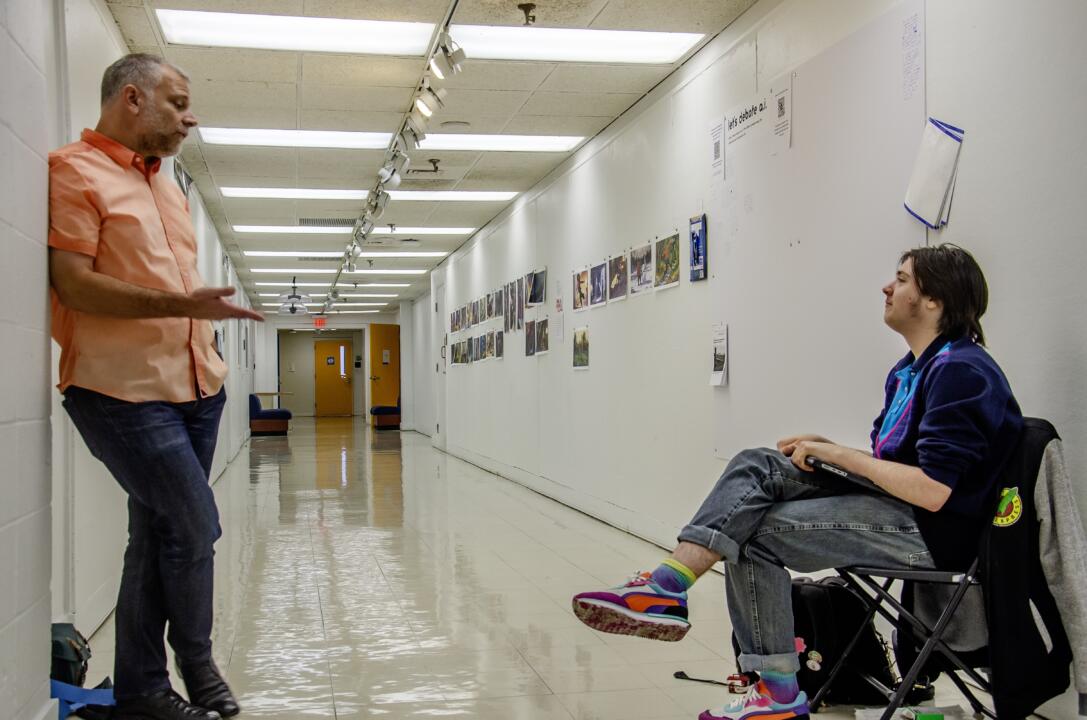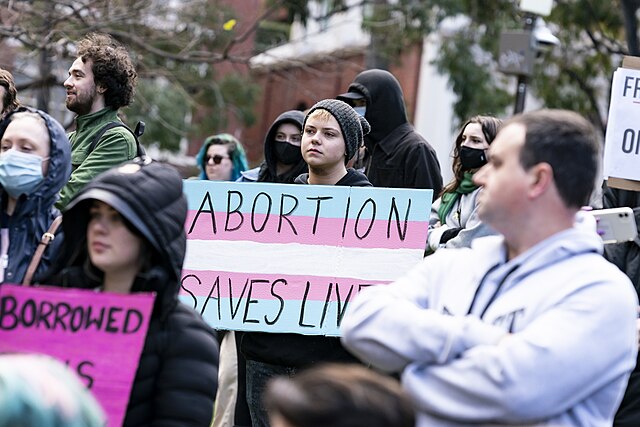The University of Maryland, Baltimore County is anticipating costs related to COVID-19 expenses for fiscal year 21 to be upwards of 2.5 million dollars, including testing, Personal Protective Equipment, cleaning and sanitizing, staff and facilities management, and the technical costs of transitioning online.
Between March and June 2020, PPE spending for essential workers was $65,000 and premium pay for those essential workers totaled $612,000 for that time period, according to Associate Vice President for Financial Services Kathy Detloff.
Since July 2020, UMBC has spent $107,000 on testing alone. Currently UMBC is conducting weekly surveillance tests of random populations approved to be on campus, including students, staff and faculty. The only time that UMBC required the entire approved-for-campus population to obtain a COVID-19 test was in the two weeks prior to the first day of the fall semester. Current surveillance testing protocol does not focus primarily on one group (i.e. on-campus residents) or exclude others (i.e. commuters); rather, anyone approved to be on campus might be randomly chosen to be tested.
Results from COVID-19 tests conducted at UMBC are processed through University of Maryland, Baltimore laboratories, keeping the costs of processing through private institutions and labs down. Detloff explained that the lack of university-sanctioned antibody testing was not a cost-driven decision, but based on the fact that antibody tests are not scientifically supported to be as effective as molecular tests.
Also since July 2020, UMBC has spent $300,000 on facilities and maintenance. Expenses include installation of plexiglass barriers in areas of necessary face-face interaction, including eating establishments and offices. It also includes spending on the installation and maintenance of hand sanitizer dispensers on campus and on increased campus sanitization protocols.
Last spring, UMBC spent upwards of $65,000 on technology improvements for telework and to facilitate online instruction when the pandemic forced employees off campus.
“Everything was so weird at first, and no one thought that we would be home [for so long],” said Detloff. “But people have been wonderful about making do during this really difficult time.”
UMBC is simultaneously handling expenditures and dealing with lost revenue due to COVID-19. Detloff said that having residential facilities at around 34 percent capacity has had the biggest impact on UMBC finances, with an estimated $14 million dollars lost in housing revenue; there was an additional $11 million lost in dining revenue.
Even though campus facilities, including dorms and restrooms, are operating at much lower capacities with less spaces being cleaned, populated areas are being cleaned at much higher rates than before, negating any benefit of a lower number of occupied campus facilities.
In response to the pandemic, UMBC received $9.3 million under the federal Coronavirus Aid, Relief, and Economic Security Act. About half of the money went to students, and the other half is being used to pay back lost revenue. UMBC is also using some facilities funds, which would normally be used for campus improvements, to pay for coronavirus-related expenses and tracking the pandemic-related expenses for possible state reimbursement.
Aside from the CARES Act, there were no sources of emergency funding for UMBC to access. UMBC is planning on participating in National Collegiate Athletics Association competitions, possibly earning back a small percentage of lost revenues.
“The pandemic is a budget crisis, but we do not want it to be on the backs of the students. We are taking a lot of steps to cut administrative expenses. Everyone making over $100,000 took a pay cut…and we have a total hiring freeze,” said Detloff.
In the spring, testing protocols very similar to current ones will be in place, although UMBC is sensitive to predicted COVID-19 spikes in the winter due to holiday gatherings, indoor crowding, etc.
“The situation is so fluid. Everything can change tomorrow if new CDC guidelines come out, ” said Detloff. “We are doing the best we can, really ensuring that we keep up the academic integrity and making sure that students still get the education that we are known for.”

